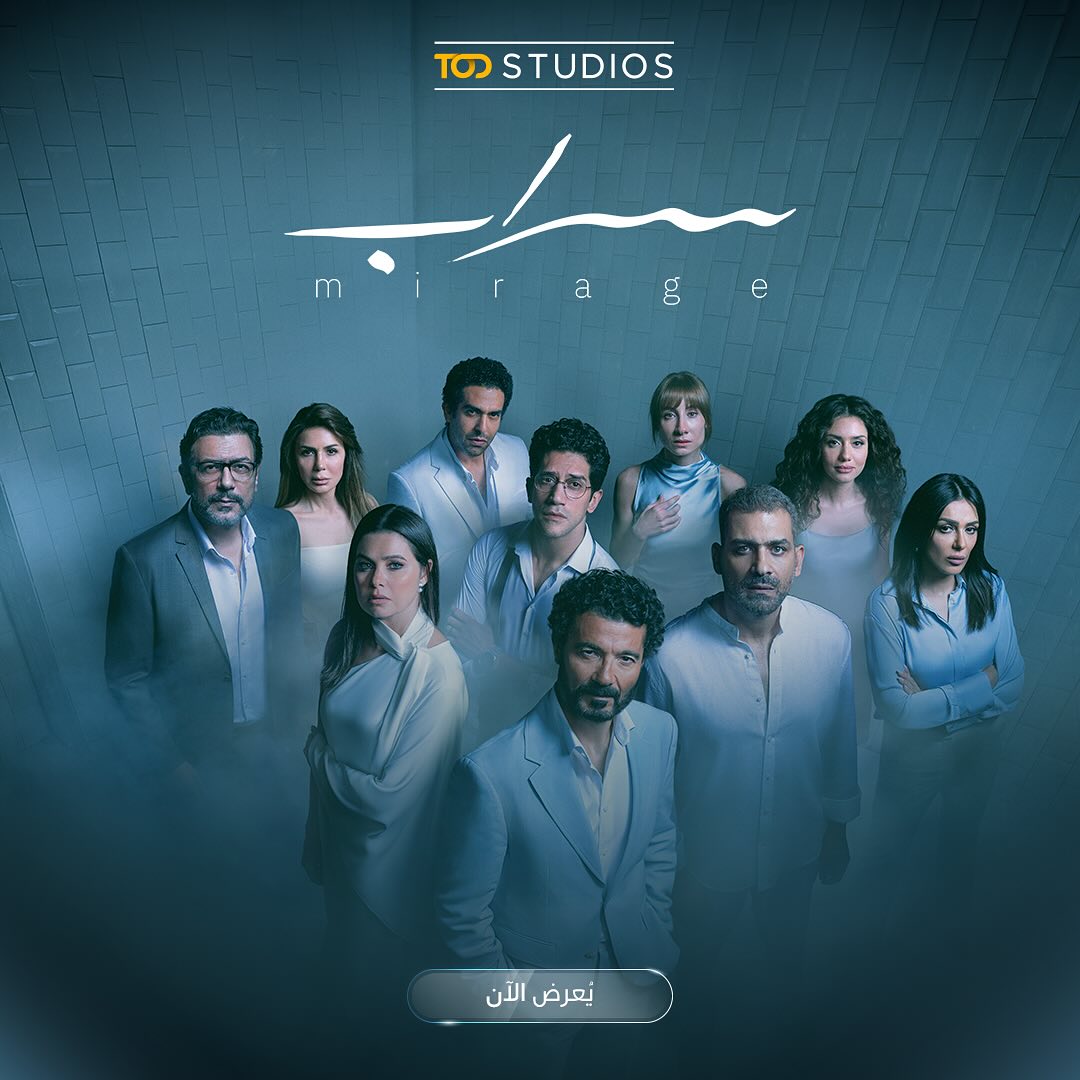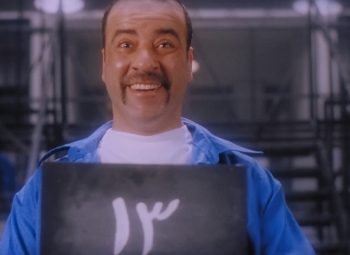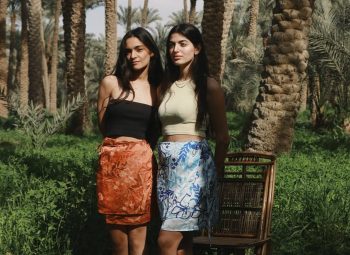Sarab emerges as a bold and captivating experiment. Directed by Ahmed Khaled and written by Hesham Helal, this 10-episode suspense drama takes viewers on a thrilling journey through human complexity, ethical ambiguity, and narrative ingenuity. Despite limited fanfare due to its exclusive release on the relatively lesser-known TOD platform, Sarab proves to be a standout work deserving of much greater recognition.
Here's a deep dive into the show's narrative, characters, and the impressive talent behind it.
A Masterclass in Character Development
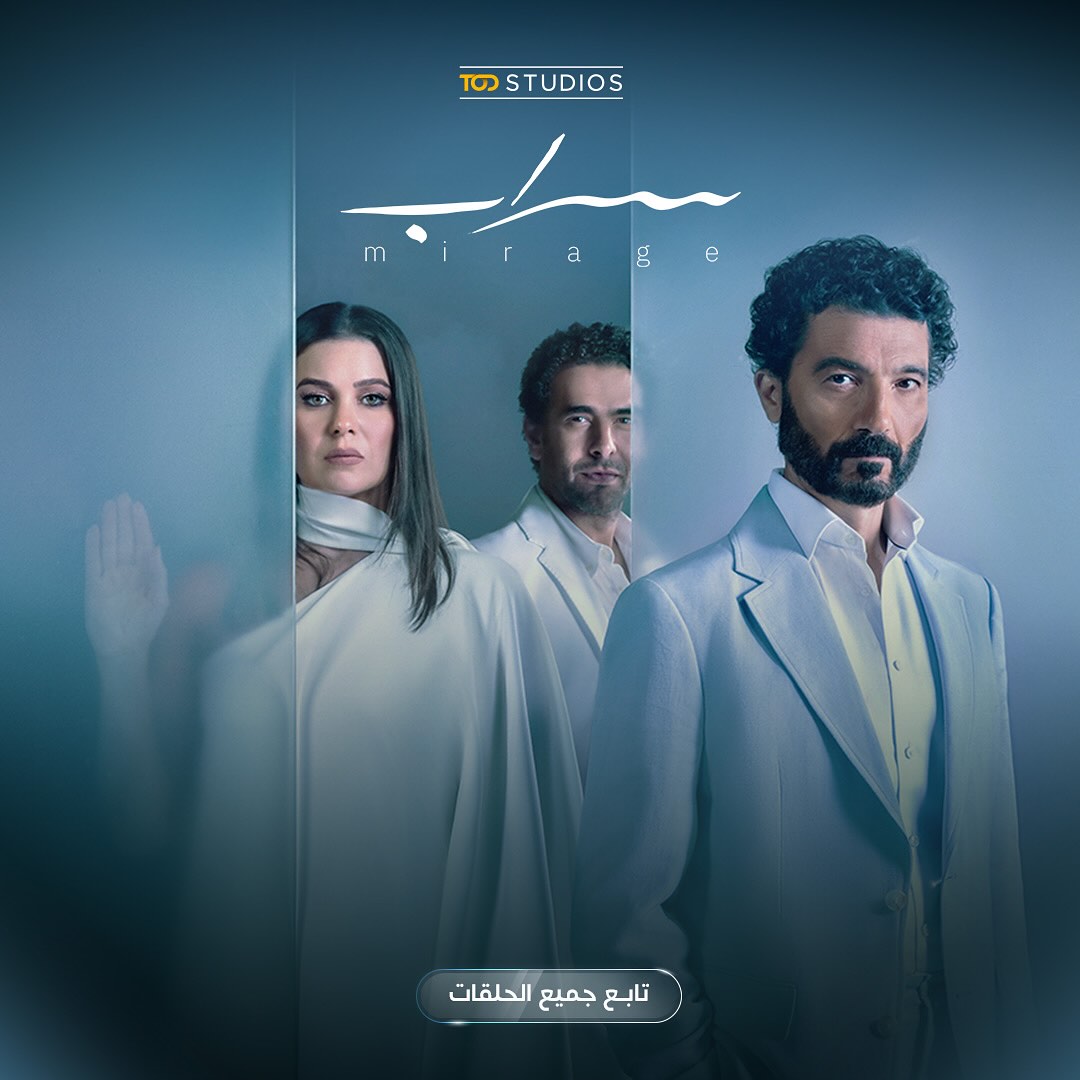
One of the most striking features of Sarab is its rich, multilayered character writing. With ten primary characters and several secondary ones, the series masterfully explores human greyness. These are not the archetypes we are used to; each character toes the line between virtue and vice, making it hard for viewers to align themselves fully with or against anyone.
At the heart of the narrative is Khaled El Nabawy, who plays a character far from the idealistic roles he often portrays. Tarek is a meticulous, calculated, and morally ambiguous man whose actions unsettle as much as they intrigue him. His philosophy that life must be lived within a rigid, predictable system drives much of the series' tension, and his portrayal of one of the most wicked characters seen recently is a testament to his talent.
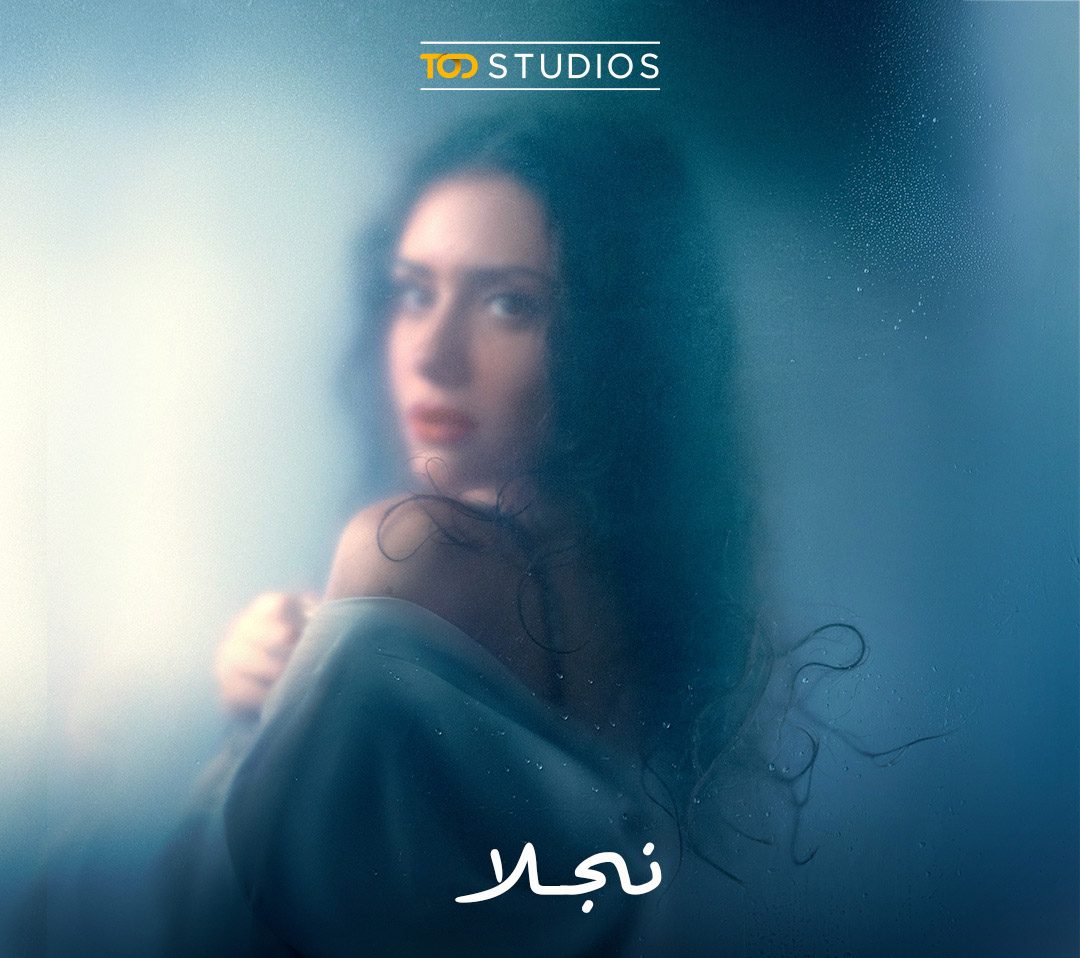
Another standout performance comes from Gihan El Shamshergy, who plays Naglaa. Despite not being in the most prominent role, her performance leaves a memorable mark. She brings a distinct energy and presence, proving that she is a young actress to watch. Naglaa's character might be a small step in terms of screen time, but it is undoubtedly a giant leap in her career.
Narrative Innovation
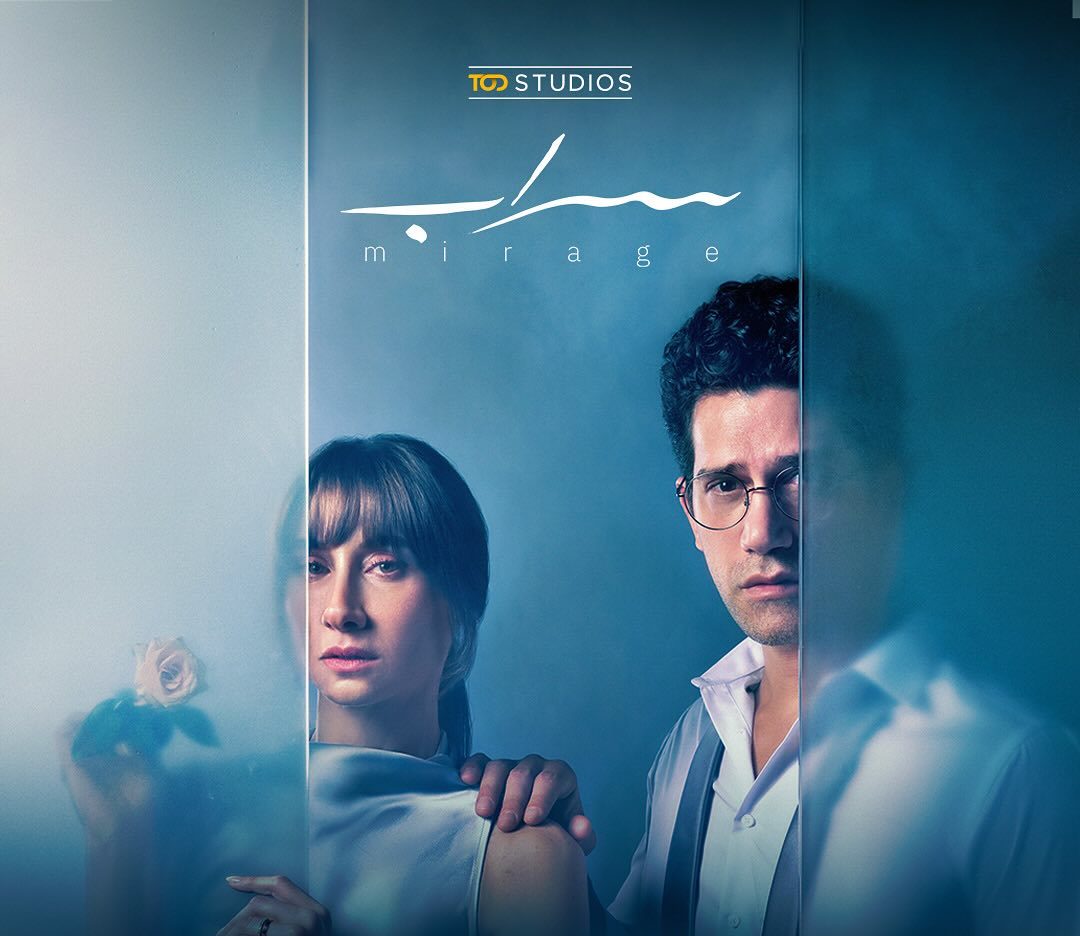
Director Ahmed Khaled's vision for Sarab is apparent in its unique narrative style. The series begins with a high-stakes kidnapping and the disappearance of Zain, the young son of Tarek and Malak, played by Yousra El Lozy. This singular event serves as the focal point from which the story unravels, exploring the web of secrets, lies, and complex relationships that tie the characters together. Each episode centres on a different character, offering a fresh perspective and delving into their psyche, motivations, and past.
This fragmented storytelling approach, reminiscent of the Australian series Seven Types of Ambiguity from which Sarab is adapted, creates a gripping sense of suspense. The viewer is tasked with piecing together the narrative, adding a layer of engagement that sets Sarab apart from more traditional dramas. The series also employs flashbacks, but not in a linear or predictable manner. Instead, these jumps in time introduce new layers of complexity and force the audience to actively participate in decoding the timeline. This approach amplifies the tension and keeps viewers guessing until the very end.
Attention to Detail
![]()
From its opening credits to its soundtrack, Sarab is a feast for the senses. The opening sequence alone is worth mentioning as an independent work of art. Through a blend of silent-film-style storytelling, symbolic visuals, and evocative music by Ashraf El Zeftawi, the credits set the tone for the mystery and intrigue that follows.
The production design is another aspect that elevates the series. Every detail, from the characters' costumes to the lighting and set designs, contributes to the overall mood. Director Ahmed Khaled ensures that even the most minor elements, be it a lingering glance or a seemingly trivial prop, play a significant role in the storytelling.
The Challenge of Adaptation
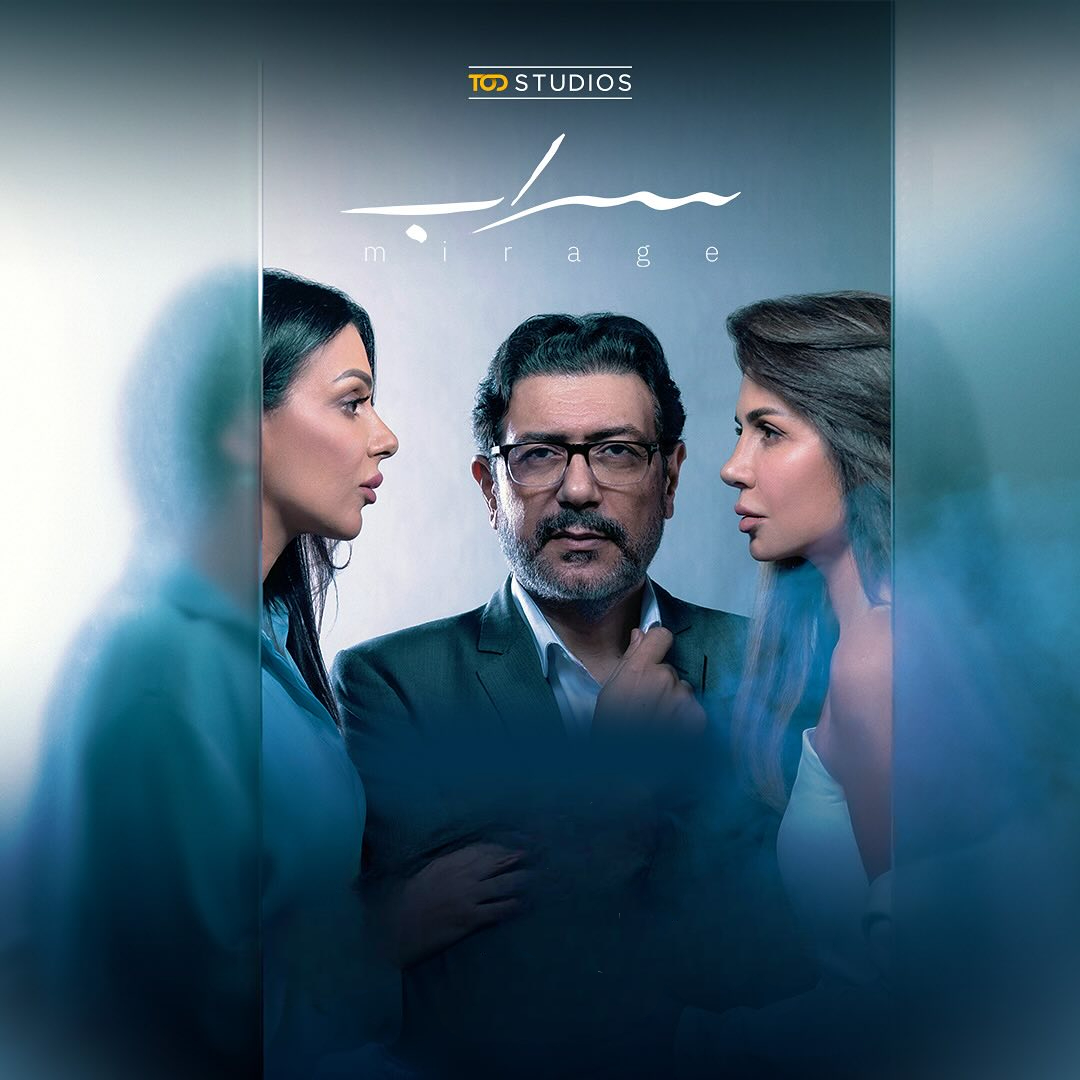
Sarab is the latest in a growing trend of Arab dramas adapted from foreign formats. While such adaptations often face criticism for losing cultural authenticity, Sarab seamlessly localises the story of Seven Types of Ambiguity to fit Egyptian and Arab contexts. The creative team deserves credit for crafting a script that feels fresh and relatable while staying true to the original's core themes. This adaptation trend has become increasingly popular in the Arab world as producers seek out tried-and-true storylines to guarantee success. Yet Sarab proves that even in adaptation, creativity and originality can thrive.
Why Sarab Deserves More Attention
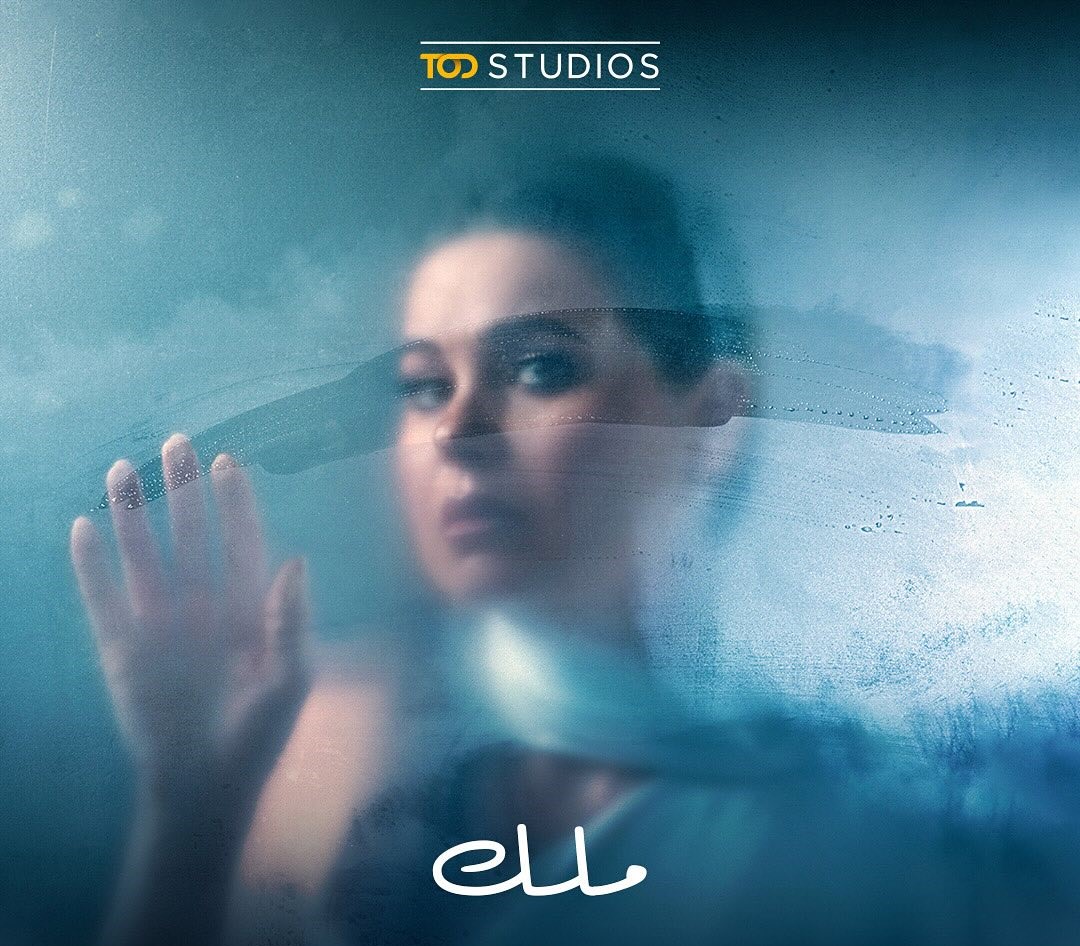
One of the biggest challenges facing Sarab is its platform, TOD, which has not yet achieved the widespread recognition of competitors like Shahid or Netflix. This has limited the series' audience and potential buzz despite its undeniable quality. With such a tightly written script, exceptional performances, and high production values, it's a pity that such an interesting project has not yet received the mainstream attention it so richly deserves.

